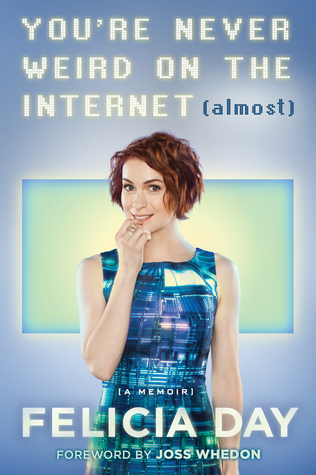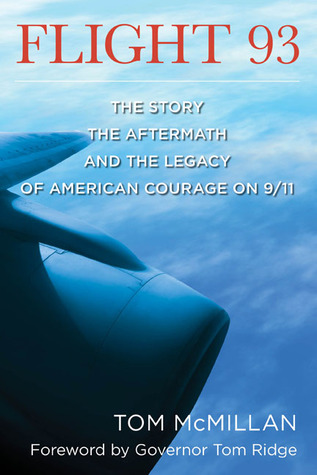
Rating: 3.5 Stars 4 Stars
EDIT: Changing to a full 4 Stars because Felicia Day liked my Tweet of my review and any celebrity who notices the little people is a-oh-kay in my book. I am still shaking a little bit.
EDIT: Changing to a full 4 Stars because Felicia Day liked my Tweet of my review and any celebrity who notices the little people is a-oh-kay in my book. I am still shaking a little bit.
Review:
I am definitely not a geek. Nerd, yes. Geek, no. My extent of gaming involves an original Nintendo, and SNES, a PS2, and a Wii. Don't get too excited to point out I have just contradicted myself. I play the most un-gamer games. Mostly Guitar Hero and The Godfather on the PS2 and The Godfather Blackhand Edition for the Wii. And right now, the Wii is mostly used for watching VeggieTales and Mighty Machines on NetFlix for my little lady.
I decided to give this one a go despite my completely rational fear of gingers, for one reason alone: I love Joss Whedon. I adore him, despite the fact that he spent several season of Buffy and Angel ripping my heart out again and again and again. It was never-ending. And to this day, I love him. So, I vaguely knew that Felicia Day was some kind of actress who annoyed the bejeezus out of me on Buffy in the final season when all these stupid potentials thought they knew better than the greatest slayer of all time. I always find it strange when people so young write memoirs, but whatever. I was willing to give this chick a second chance because, well, Joss.
And my three and a half stars is not because of Felicia. I certainly like her much better now than I did before opening the book, which I breezed through in a couple hours total. I mean, it is because of her, but it is not. That makes no sense, I understand. I guess because I am not part of this whole culture that she exists in...I don't get it. But that does not stop me from recognizing she is incredibly intelligent, witty, clever, and we would probably be friends, because she strikes me as the kind of person who also sometimes lays awake at night thinking about every stupid thing she has ever said or done, all at one time. And she would then imagine everyone she ever knew still thinking about those same events with the same intensity she does, and laughing at her to this day. I definitely get that.
The problem is, I just don't relate to her in most of the ways she is known for. We do have the same personal philosophy, which is to expect the worst because then you can never be disappointed. We also had a burning desire to BE Anne of Green Gables as children. I mean seriously, my best friend from elementary school and I would play Anne of Green Gables at recess every day. I would be Anne and she would be Diana and we would play out our favorite scenes and try to make one of the boys in class be Gilbert to act out the scene on the lake but it never happened, so we would just pretend. But otherwise, we are very unalike. As a teacher and a human being, I can really feel for her in the extreme loneliness she describes in growing up, and how online gaming, and eventually World of Warcraft, consumed her. I do understand this, I mean, Buffy consumed me for years. I stayed home sick in high school one day just because David Boreanaz was doing a short phone interview with a local radio station. I mean, seriously, 10-15 minutes, tops. And Mom totally knew I was faking being sick, just to stay home. But, Buffy was my thing, so she let me have it.
While we are being honest, the whole World of Warcraft thing really weirds me out. I don't get it. I had two roommates in college who seriously loved video games and dated their friend, who also seriously loved video games. There were consoles everywhere, controllers everywhere, games everywhere. But they did not play WoW. It was all NCAA College Football, all the time. At least when they were together, I know they played lots of other games too, but this was always IT when they were all at the apartment. One of them is the reason I started playing The Godfather, because it is one of my favorite movies of all time and aside from Super Mario, it is just about the only game I am good at.
...but I still was willing to give The Guild a try. I found it on Netflix and watched the first episodes. It is funny, and I understand it because I know people like that in real life.
So, I can appreciate the honesty here. I can appreciate a well-crafted narrative about a child prodigy who could have been a professional musician but chose to go after her dream of being an actress. I appreciate the risk-taking, the highs and lows, and the fact that she is doing what she loves, regardless of what others might say because she is female who happens to enjoy things that have typically been male-dominated. So, let's be friends, okay Felicia Day?
...and can you introduce me to Joss?











